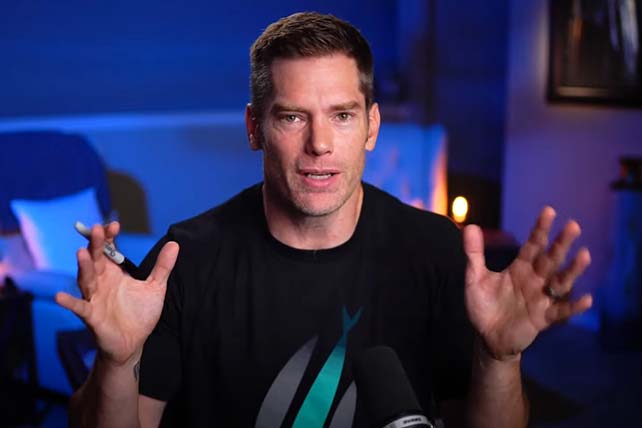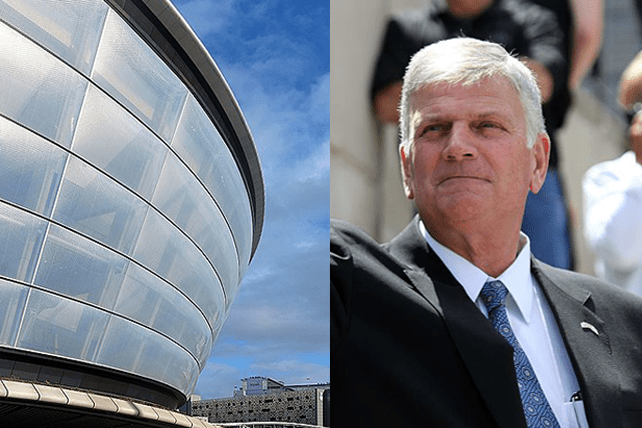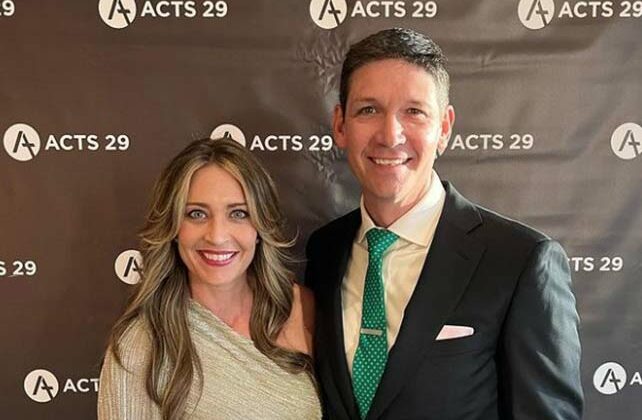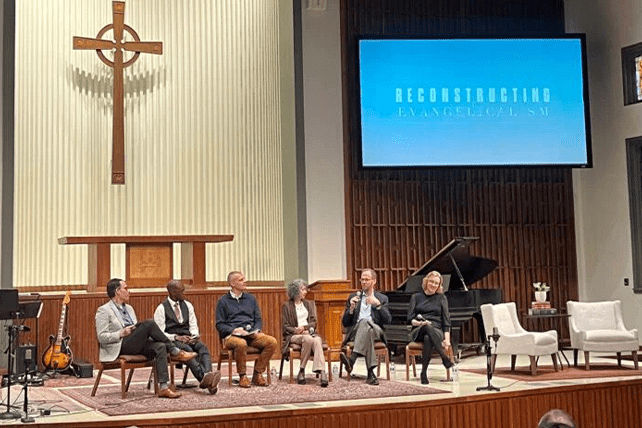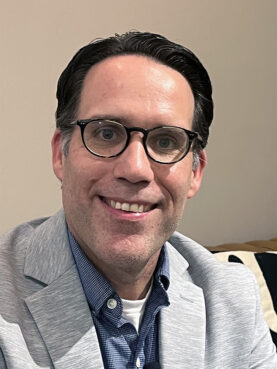(RNS) — Forty-five percent of Americans believe the U.S. should be a “Christian nation,” one of several striking findings from a sweeping new Pew Research Center survey examining Christian nationalism.
But researchers say respondents differed greatly when it came to outlining what a Christian nation should look like, suggesting a wide spectrum of beliefs.
“There are a lot of Americans — 45% — who tell us they think the United States should be a Christian nation. That is a lot of people,” Greg Smith, one of the lead authors of the survey, said in an interview. “(But) what people mean when they say they think the U.S. should be a Christian nation is really quite nuanced.”
The findings, unveiled Thursday (Oct. 27), come as Christian nationalism has become a trending topic in midterm election campaigns, with extremists and even members of Congress such as Georgia Republican Rep. Marjorie Taylor Greene identifying with the term and others, such as Rep. Lauren Boebert of Colorado and Pennsylvania Republican gubernatorial candidate Doug Mastriano, expressing open hostility to the separation of church and state. In the road show known as the ReAwaken America Tour, unapologetically Christian nationalist leaders crisscross the country spouting conspiracy theories and baptizing people.
Pew’s findings suggest the recent surge in attention paid to Christian nationalism has had an effect on Americans, although some suggested politicians may be staking out positions to the right of those who merely say America should be a “Christian nation.”
“I used to think it was a positive view, but now with the MAGA crowd, I view it as racist, homophobic, anti-woman,” read one response to the question, according to the report.
According to the survey, which was conducted in September, 60% of Americans believe the U.S. was originally intended to be a Christian nation, but only 33% say it remains so today. Most (67%) say churches and other houses of worship should keep out of political matters, with only 31% endorsing faith groups expressing views on social and political issues.
Even those who believe America should be a Christian nation generally avoided hard-line positions. Most of this group (52%) said the government should never declare any particular faith the official state religion. Only 28% said they wanted Christianity recognized as the country’s official faith. Similarly, 52% said the government should advocate for moral values shared by several religions, compared to 24% who said it should advocate for Christian values alone.
But the pro-Christian America group was more split on the separation of church and state: 39% said the principle should be enforced, whereas 31% said the government should abandon it. An additional 30% disliked either option, refused or didn’t know.
Most in the group (54%) also said that if the Bible and U.S. laws conflict, Scripture should have more influence than the will of the people.
Smith stressed that some respondents who expressed support for a Christian nation “do mean that they think Christian beliefs, values and morality ought to be reflected in US laws and policies.” But many respondents “tell us that they think the US should be guided by Christian principles in a general way, but they don’t mean that we should live in a theocracy,” he said. “They don’t mean that they want to get rid of separation of church and state. They don’t mean they want to see the US officially declared to be a Christian nation. It’s a nuanced picture.”
Among U.S. adults overall, only a small subset believe the U.S. government should declare Christianity the national faith (15%), advocate for Christian values (13%) or stop enforcing the separation of church and state (19%).





